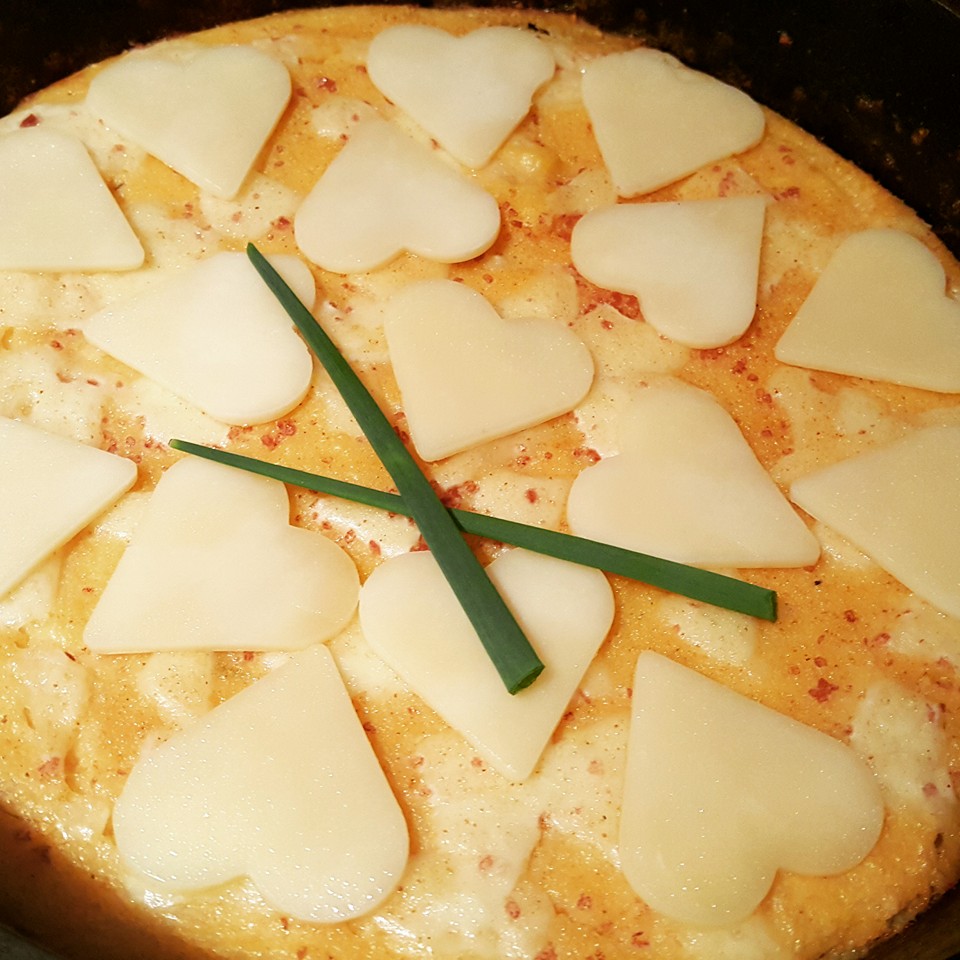During my training to become a Vegan Nutritionist, I’ve been particularly interested in learning about transitioning from a traditional Western diet that includes meat, seafood and dairy products to a plant-based diet.
I believe it requires some careful consideration, and it is important to learn about, understand, and plan for the changes in your shopping habits, the costs of your food, dining out, and getting all of the necessary nutrients for a full and healthy plant-based diet. Let’s focus today on selecting the right transition plan for you.
There are several strategies for transitioning, two of which I will discuss in this article: Eliminate Foods In Stages, and Cold Turkey.
Eliminate Foods In Stages
Strategies for transition include cutting things out of your current diet in stages. For instance, cut out red meat first, and then poultry and other meat, then seafood, and finally dairy products. The primary advantage to this strategy is that you will mentally and physically adjust to a plant-based diet slower, which gives you time to learn along the way what alternatives there are, as well as what challenges you face when you eliminate something.
Cold Turkey
Should you decide to select the “cold turkey” strategy, remember that your body will go through several weeks of detoxifying. The toxins have to be released from your body in some way, which may mean you’ll experience acne, weight gain or loss, intestinal discomfort, and even mood-altering consequences. It is perfectly ok to use this strategy of transitioning, but the speed of change will likely cause more noticeable and dramatic changes in your body.
Both Transitions: Talk To Your Doctor
As with any major change in diet or lifestyle, please talk to your doctor about it! I won’t discuss it in this post, but there are four particularly important nutrients/vitamins you’ll need to be very aware of if you transition to a plant-based diet: Iron, Vitamin D3, Vitamin B, and Calcium. Ask your doctor to help you track your current levels. Ask your doctor if you should consider taking any supplements now, during, and after transitions. Deficiencies can cause minor and major problems, and should be of great interest as you transition.
Do you have questions? Please comment, and watch for my announcement when I am certified to consult in a few weeks. I would love to help anyone interested in the plant-based diet create a short and long-term nutrition plan based on your goals, eating, cooking and dining habits, as well as your likes and dislikes food-wise. Feel free to contact me for more information!

First of all, congrats to you! I think this is fantastic. This article is so right on- There are a lot of aspects to planning on transitioning to consider. The beautiful thing is that, there are so many resources available nowadays to assist.
I switched to a fully-plant based lifestyle a while back as part of my training for ultra marathons and have been absolutely blown away with the impact it has made on my training. I was concerned about developing deficiencies and supplementing properly, but I honestly don’t think it is as hard as some people make it out to be. And with so many resources available, for myself, it was the best decision I’ve made in a long time. Cheers to you!
LikeLike
Hey Scott! Thanks for the kudos. I love hearing about the benefits you’ve experienced. Do you cook at home, and if so, how has the transition been from that perspective?
LikeLike
Even before transitioning, I always really liked cooking, so that aspect wasn’t a huge transition, however, it has added a new element to my cooking of exploring different ingredients and spices that I didn’t use quite as much in the past. Especially adding things like flax seeds, hemp seeds, chia, etc. that help add nutrients that are lessened on a PB diet, So, if anything, it has just expanded my cooking abilitiy.
LikeLike
That is music to my ears. Are you Vegan as well? And feel free to share any inspirational info from your world here.
LikeLike